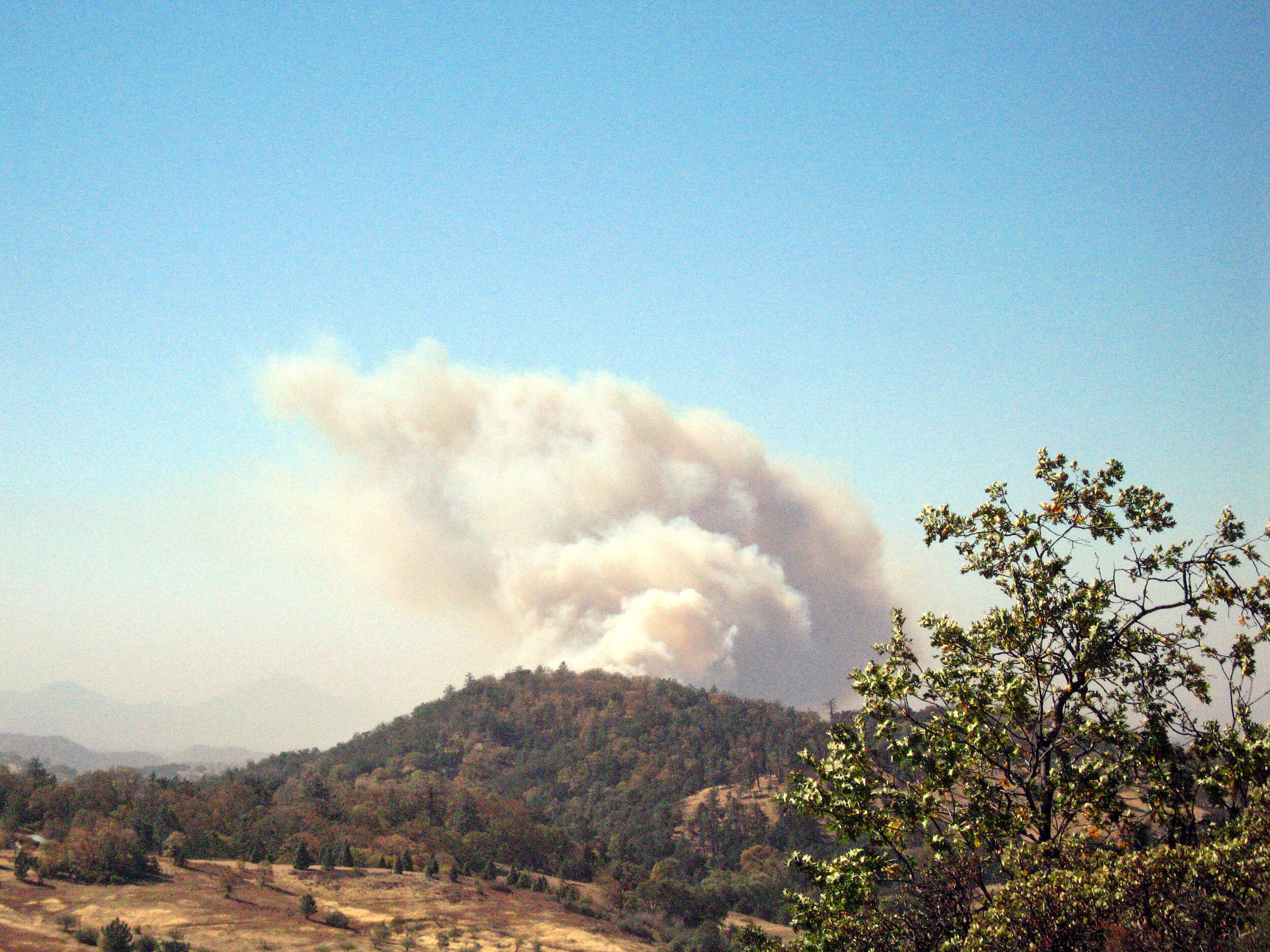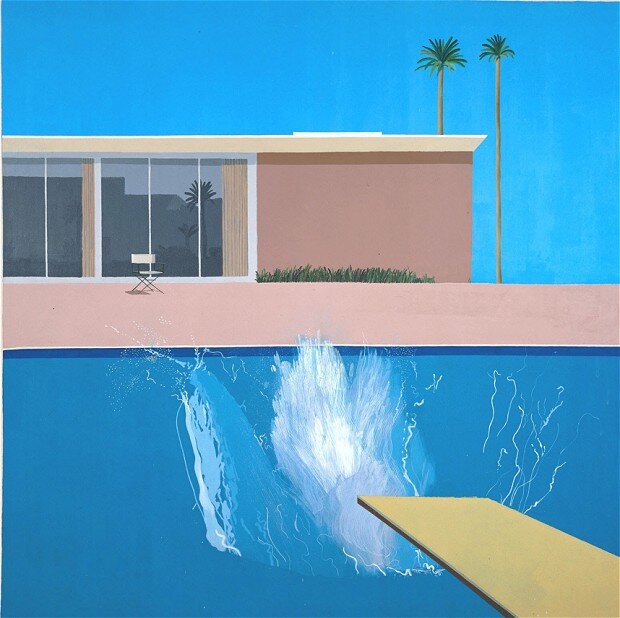A woman yelled at me today at a bus stop.
She approached me and pushed me hard telling me to stand up from where I was sitting and move. She was mentally unwell, bigger than me in size, and I was scared. As I write, I still have the image of her leaning over me, her big dark eyes swirling wildly, wide toothless mouth wide open, belching out the raging words. A few moments earlier, I had seen her following and screaming at a man, who seemed quite frightened and disoriented too.
I noticed myself wanting to find a way to ease her distress, while having no idea how to do it. I said: “you seem very upset”. And then – “I am a little frightened of you”. It felt off. She kept screaming. I was looking at her silently, not moving - trying to find something stable inside myself to stay in compassion and presence. Then my bus arrived and I got on it, while she was still screaming, having now turned to someone else.
As I got on a bus, I took a deep breath and let some tears flow. I wanted to honour my experience and the impact of what happened - also the part of me that wanted to be strong and make things good, and failed.
This self-soothing movement wasn’t easy – my thoughts were racing along the lines of me having attracted the situation into my reality, because I had been struggling with finding a sense of being rooted in gratitude and inspiration in the last few days. “You have been crap at doing your inner work - now see what you are creating outside of yourself”.
There were also other self-blaming thoughts about having fallen into the rescuer role yet again, while what I should have done was to distance myself or find my roots and match her energy in standing my ground, whatever that could mean. These thoughts were painful and difficult to accept. I wanted them away.
I started to feel myself being sucked into the same vortex of pain and despair I saw in this woman’s eyes.
And then I found my pivot. A very simple one, yet foundational to all the approaches I value.
“Say yes to it”. I said to myself. “Say yes to this experience”.
“Say yes to all of it.”
And so I did - started by looking around and saying yes to everything I saw on the bus – the blue seat patterns, the bright yellow handles, the speckled windows, the kaleidoscopic landscape outside the window.
Something in me started to settle.
Then I directed my YES-infused attention to the people sitting and standing around me. The frowns and the smiles, the different shapes and postures, the gazes, present and absent, the details of the clothes, the hairdos, the voices– I was saying yes to what I saw with an intention to really acknowledge that things are exactly as they need to be, in their right shape and place.
Precious just as they are.
“Human experience” – I said to myself. “We all know pain and suffering. We all know confusion and fogginess. We all know fear and rage. We all know losing it. We all know failure and wanting to do more than we can. And we also all know love, and joy, and dreams, and grace, and gratitude, and connection. All of it. Feeling or not feeling any of it in the moment, doesn’t take from us, doesn’t make us more or less.”
Each of the people I looked at, seemed whole and in possession of a unique life story and experience that made them who they are and brought them to where they were this morning. I had a thought that each of them was deserving a book, or rather an infinite number of books and movies - written and shot in their name.
It was so obvious.
And as I was saying yes to them - all of who they are, I felt something shifting in me again - like I could see the reality of being more clearly. There was a sense of joyful glimmering in my chest.
At some point, I felt that I could also direct that same glimmering gaze to myself. To all of my experience, including my self-blaming thoughts, my fear, my self-protective mechanisms, my sense of contraction and wanting to leave my body – and also my values, my longings and my aspiration to stay present with the suffering.
“I am just a human, having a human experience – and it’s all very simple. Nothing to resolve, understand or figure out. I don’t yet know what this story with the screaming woman means to me, but I can explore it and weave the meaning out of it in a way that serves me – and others.”
At this point, I felt inspired – and this is how this text was born.












